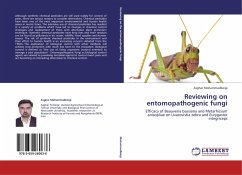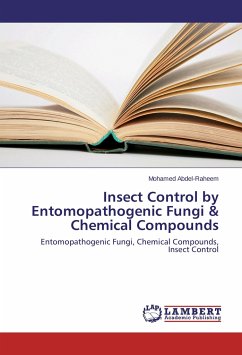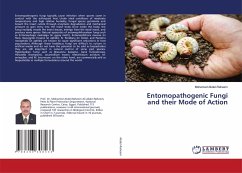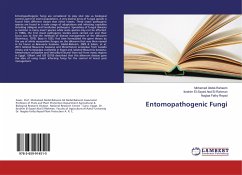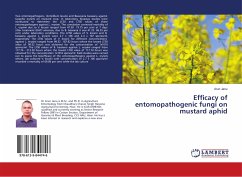Although synthetic chemical pesticides are still used widely for control of pests, there are serious reasons to consider alternatives. Chemical pesticides have been one of the most important environmental and human health issues in recent times. The extensive use of chemical pesticides has resulted in a variety of problems which have led to changes in chemical control strategies and replacement of them with alternative plant protection technique. Synthetic chemical pesticides have long lives and their residues can be found as pollutants in air, water, wildlife, food supplies and human tissues. The risk of synthetic chemical pesticides in the environment and their effect to human health is an increasing concern debated from the 1960s. The application of biological control with other methods will achieve crop protection with much less harm to the ecosystem. Biological control is defined as the use of living organisms (natural enemies) to manage a pest population . Entomopathogenic fungi as biological control agents are viewed as promising microbial agents to control insect pests and are becoming an interesting alternative to chemical control.
Bitte wählen Sie Ihr Anliegen aus.
Rechnungen
Retourenschein anfordern
Bestellstatus
Storno

